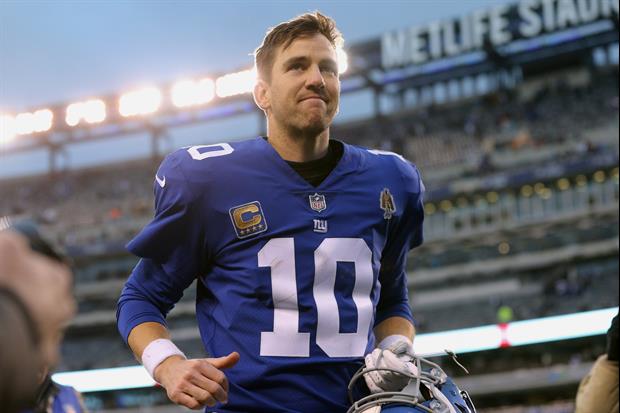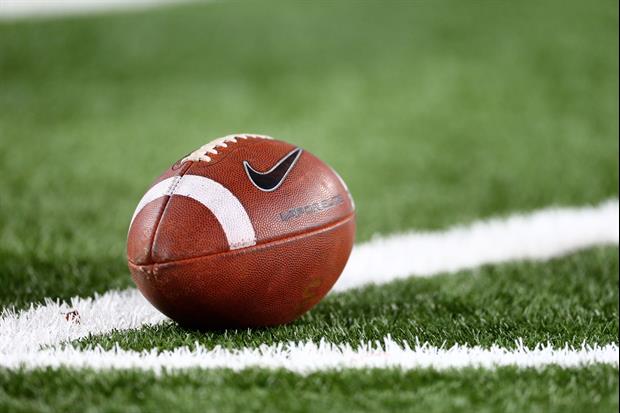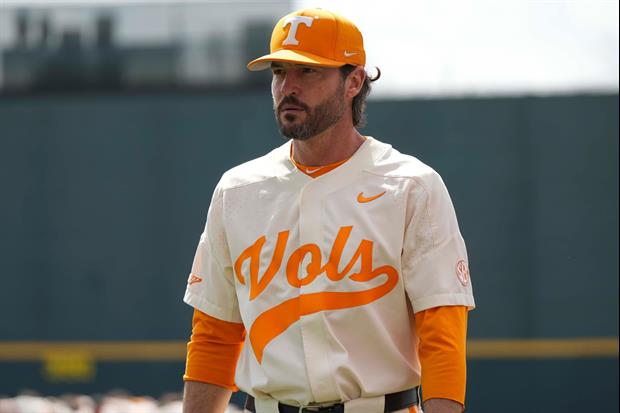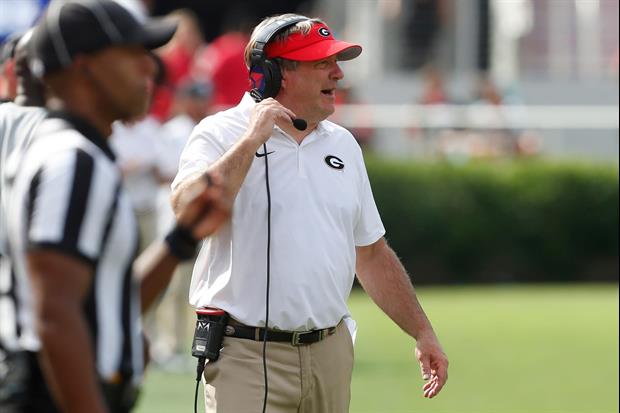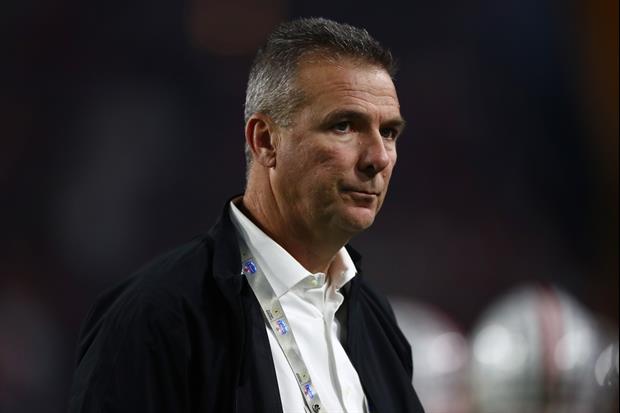yllenaaa
| Favorite team: | |
| Location: | |
| Biography: | |
| Interests: | |
| Occupation: | |
| Number of Posts: | 4 |
| Registered on: | 3/27/2015 |
| Online Status: | Not Online |
Recent Posts
Message
re: Jalen Tabor says college football is "Modern Form of Slavery"
Posted by yllenaaa on 1/21/16 at 3:40 pm to JesusQuintana
quote:
Scholarship athletes are compensated, and fairly well. Free tuition, room and board, meals, apparel, expert training and paid a stipend.
If people had to pay for college before they went, without loans or scholarships, do you think they would be willing to pay more or less than the nominal value of tuition for a semester?
I bought a suit once and the salesman told me I was getting a great deal. I got 2 suits for $200 that, he claimed, regularly sold for $1000. So he said I would walk out almost 2k richer.
If the idea that spending $200 can gain you an imaginary $1800 is silly to you, then so should imputing significant value to free college tuition. If we had true price discovery for the cost of college, it would fall like a stone.
Part of the reason I see the issue with such moral clarity is that I assign almost no value to a college degree (FTR, I have one, Magna Cum Laude). They will eventually phase out entirely and that will be a great societal development:
Prestigious program where you get paid 100k to skip college:
Thiel Fellowship
Pay 6k, attend for 6 weeks, leave with a 100k+ job:
Coding Bootcamps
Only college football poses significant moral problems, for reasons everyone has already brought up in this thread.
Players should be paid from revenue. If that impacts profitability and there are fewer football programs, so be it.
Since I think the system is immoral, I'm not inclined to be persuaded by the logistical concerns of making it less immoral.
Players should be paid from revenue. If that impacts profitability and there are fewer football programs, so be it.
Since I think the system is immoral, I'm not inclined to be persuaded by the logistical concerns of making it less immoral.
re: Jalen Tabor says college football is "Modern Form of Slavery"
Posted by yllenaaa on 1/20/16 at 3:17 pm to tiger in the gump
No. The reason is that investors cannot compete with the existing college football cartel's method of risk allocation.
If a college football player gets injured, there are no deep pockets to sue. It's all hidden within universities, athletic departments, conferences, bowl committees, and television networks.
The way the NFL manages risk is easy: no one under 21 is allowed entry, there is a pension system, and periodic collective bargaining via unions.
Any private investor would have to set up system with similar features, all of which would be more expensive by admitting those under 21.
None of them compete with the cartel's system: free labor. That's why there isn't a professional under 21 league.
If a college football player gets injured, there are no deep pockets to sue. It's all hidden within universities, athletic departments, conferences, bowl committees, and television networks.
The way the NFL manages risk is easy: no one under 21 is allowed entry, there is a pension system, and periodic collective bargaining via unions.
Any private investor would have to set up system with similar features, all of which would be more expensive by admitting those under 21.
None of them compete with the cartel's system: free labor. That's why there isn't a professional under 21 league.
re: Jalen Tabor says college football is "Modern Form of Slavery"
Posted by yllenaaa on 1/20/16 at 11:45 am to JesusQuintana
As others have said, the market for football is under-served. In 2014, 45 million people were so starved for football that they watched a derivative of it: the draft. It's nothing more than old men talking on phones and holding up jerseys.
College football is one of the ways that demand gets filled. People pay to watch it. Networks pay to air it. Advertisers pay to show commercials during it. Bowl committees build years long traditions around paying colleges to have their teams come play an exhibition game. Colleges group together and sell off TV rights. Everyone makes money but those closest to the production of the good.
But, as others have said, if these are voluntary transactions it doesn't matter. And yet, for all practical purposes, it isn't voluntary.
As it operates today, College football is a scheme designed to enrich others at the expense of the athletes. The reason no one else starts an under 21 professional league is that there is liability for having fragile, rapidly changing bodies participate in such a violent sport.
The NFL doesn't want to deal with that, and they haven't since 1921, so they outsource it to colleges. In turn, the colleges pretend they are institutions of higher learning as a way to cut off debate about the morality of making money off a free labor pool.
So during the season, we get incessant propaganda about the lesser schools, kids with an illness, NFL stars who come back to get a diploma, and the like. Bowl games are presented not as a transaction between schools, fans, and the hosting city's business interests, but instead as an American institution. All of this is to hide the fact that college football is simply an exploitation of a cheap labor pool.
The remedy is to improve compensation on the college level and/or solve the under-age liability issue on the professional level. I have no good ideas for the latter, but some for the former:
Simply pay players an equal percentage of the revenue generated by the football program. Divide the yearly number by the number of games, and then divide the revenue for each game by the number of players in uniform. Take the player's portion of that money and put in a trust, which they can collect at age 30 or upon graduation, whichever is soonest.
College football is one of the ways that demand gets filled. People pay to watch it. Networks pay to air it. Advertisers pay to show commercials during it. Bowl committees build years long traditions around paying colleges to have their teams come play an exhibition game. Colleges group together and sell off TV rights. Everyone makes money but those closest to the production of the good.
But, as others have said, if these are voluntary transactions it doesn't matter. And yet, for all practical purposes, it isn't voluntary.
As it operates today, College football is a scheme designed to enrich others at the expense of the athletes. The reason no one else starts an under 21 professional league is that there is liability for having fragile, rapidly changing bodies participate in such a violent sport.
The NFL doesn't want to deal with that, and they haven't since 1921, so they outsource it to colleges. In turn, the colleges pretend they are institutions of higher learning as a way to cut off debate about the morality of making money off a free labor pool.
So during the season, we get incessant propaganda about the lesser schools, kids with an illness, NFL stars who come back to get a diploma, and the like. Bowl games are presented not as a transaction between schools, fans, and the hosting city's business interests, but instead as an American institution. All of this is to hide the fact that college football is simply an exploitation of a cheap labor pool.
The remedy is to improve compensation on the college level and/or solve the under-age liability issue on the professional level. I have no good ideas for the latter, but some for the former:
Simply pay players an equal percentage of the revenue generated by the football program. Divide the yearly number by the number of games, and then divide the revenue for each game by the number of players in uniform. Take the player's portion of that money and put in a trust, which they can collect at age 30 or upon graduation, whichever is soonest.
Popular
 0
0




